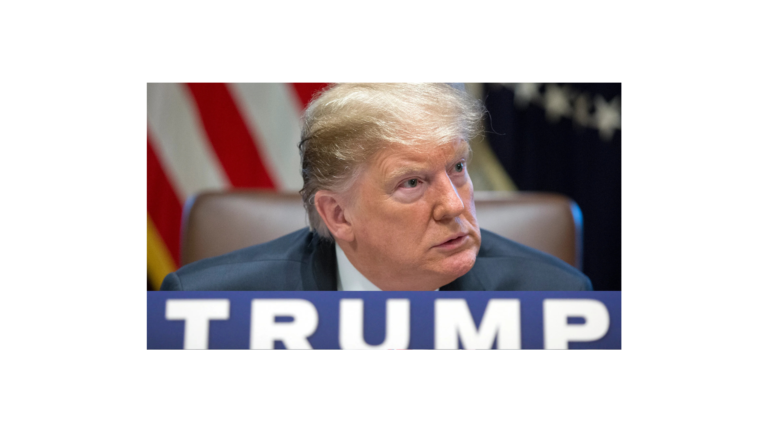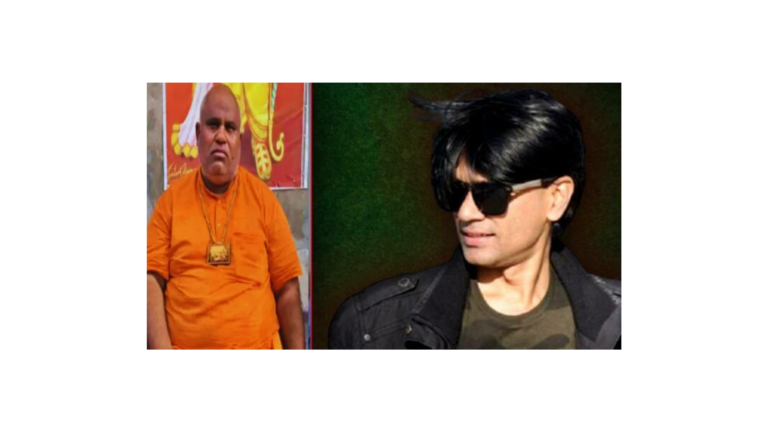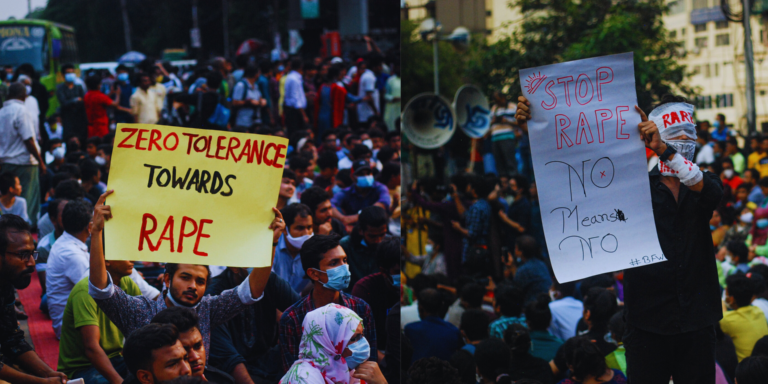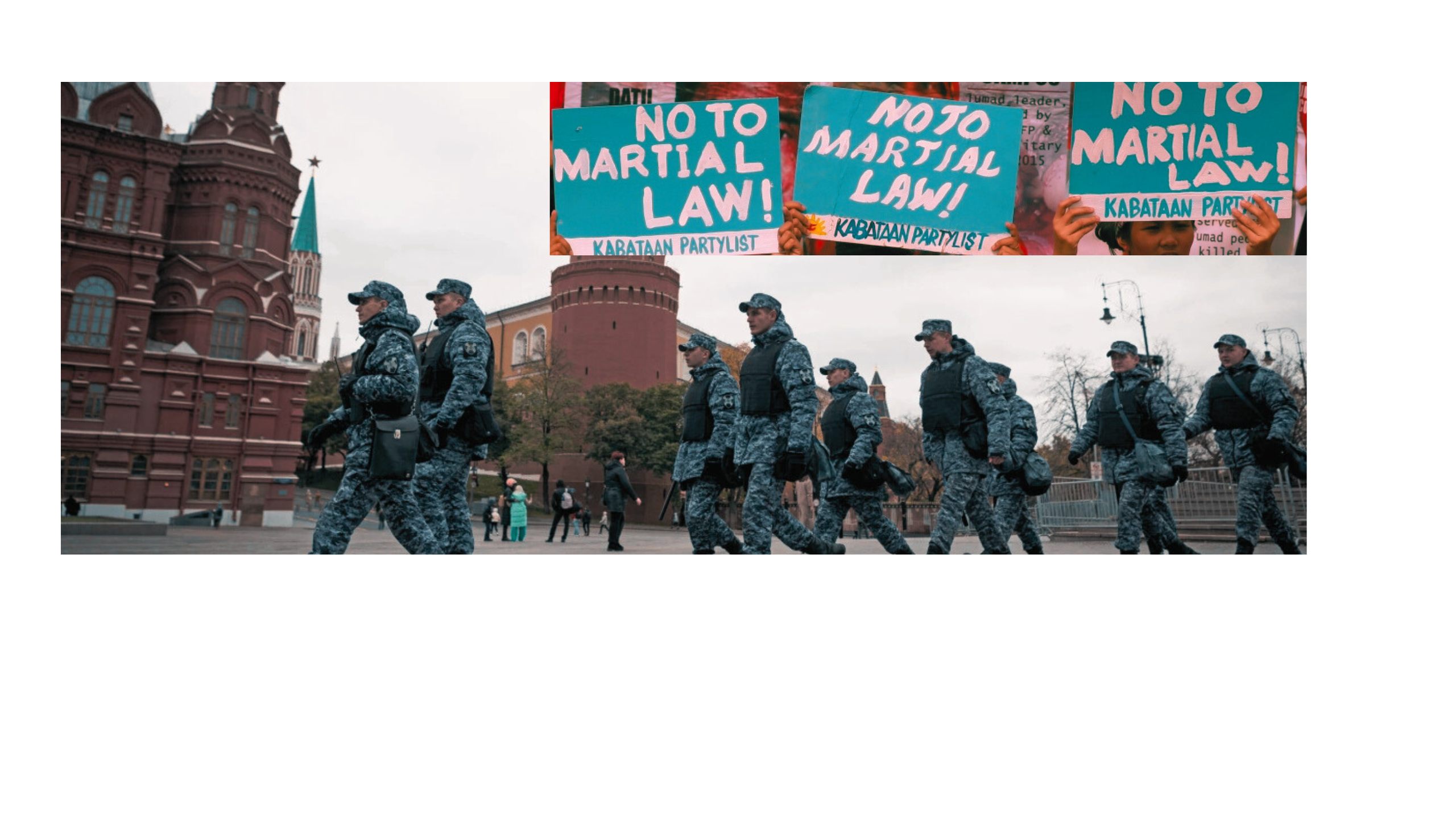
In a stunning reversal of events, lawmakers in South Korea have decided to end martial law, going against the intentions of President Yoon Suk-yeol. Following a heated confrontation during which military personnel were positioned outside the parliament building, the decision was made. However, because the MPs bravely defied the President’s authority, their acts marked a dramatic change in the balance of power.
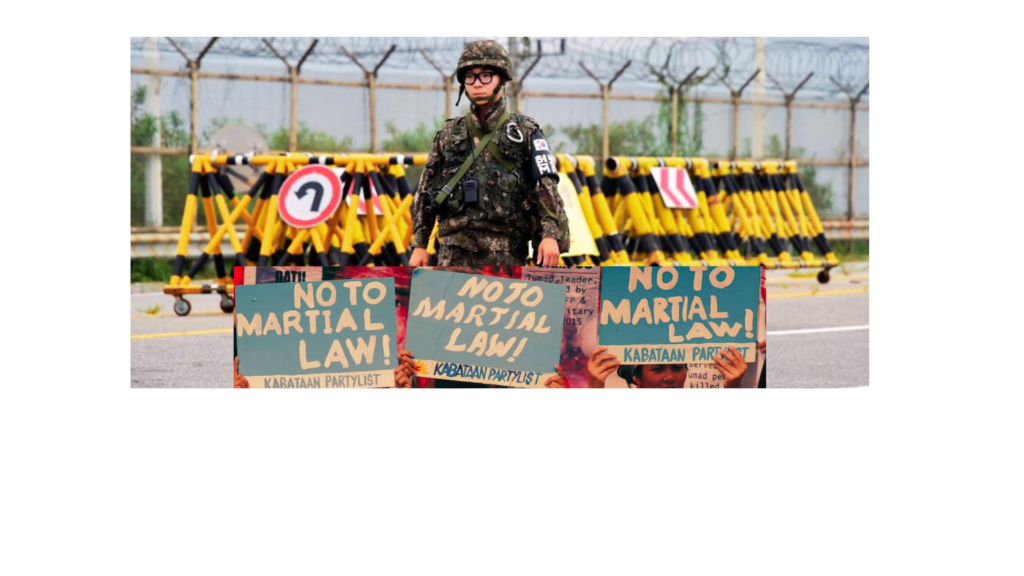
A Crucial Point in the Political History of South Korea
Both domestic and foreign onlookers have taken notice of the recent impasse in South Korea. Protests and public disturbances prompted the declaration of martial law, which, although intended to restore order, frequently has detrimental effects on individual liberties and democratic values. The choice to use military action to implement these laws was a landmark and contentious one in South Korea.
But the government’s attempts to keep power under martial law have finally been overturned. By voting to repeal the decree, the South Korean National Assembly demonstrated that it will not back down. The administration of President Yoon Suk-yeol, who had earlier stressed the necessity of martial law for stability, is viewed as facing a serious threat from these parliamentarians’ stubborn action.
The Vote That Made All the Difference
A majority of National Assembly members voted in favor of repealing martial law on December 2, 2024, demonstrating their dedication to reestablishing order and defending democratic principles. The vote was a pivotal event that highlighted the escalating hostility between the public and the administration.
Following days of demonstrations and growing public and political pressure, martial law was eventually lifted. Concerns about the degradation of civil liberties and the possibility of military overreach were expressed by the South Korean people. The government’s efforts to stifle rallies and dissent sparked a strong response, demonstrating that the nation’s democracy could not be so readily overthrown.

Soldiers Leave Parliament
The military positioned around the parliament building started to withdraw after the vote, creating a dramatic scene. For the lawmakers who had voted to disobey the president’s orders, the sight of military forces leaving the scene was a symbolic success.
The population, many of whom had been unhappy with the increasing militarization of the government’s reaction, likewise felt relieved when military forces left the area. The action indicates a de-escalation and an appreciation of the strength of South Korean democratic institutions, even though the situation is still tight.
What Happens Next?
The political drama in South Korea is far from done, even though martial law has been temporarily abolished. Lawmakers’ demands for increased accountability and openness in government operations are likely to prolong the conflict between the National Assembly and President Yoon Suk-yeol’s administration.
With rumors that President Yoon would try to regain power or take additional steps to quell the protests, the larger political scene is still in upheaval. But for the time being, the South Korean people and their parliamentary representatives have sent a strong message about the value of respecting the rule of law and the resilience of democracy.
In addition to marking a sea change in South Korean politics, this incident serves as a reminder to the rest of the globe of how resilient democratic institutions can be when faced with difficulties. One thing is certain while we wait for further information: South Korea’s democracy will continue to develop in the days ahead, and the world will be watching to see how the nation handles this period of political turmoil.

